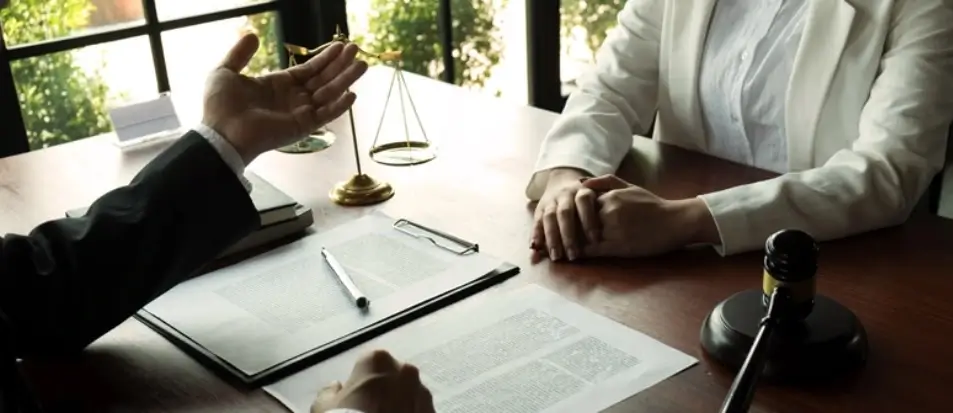Can You Sue a Legal Representative?

Legal proceedings are by no means an enjoyable experience to endure, often being drawn-out processes with painstaking procedures. In many cases, legal proceedings also relate to difficulties in our life, whether civil disputes or criminal charges. But the legal process is an essential one and something that many of us will unavoidably engage with at some point in our lives.
It is impossible to engage properly with the legal system without proper legal representation. Solicitors are one part of this representation, being the legal professionals that hear your situation and build a case around it. Barristers are the other side of the equation, being the representatives that physically present your case on your behalf in court.
But not everything always goes to plan. Being human, barristers can be fallible – whether making honest mistakes or demonstrating negligent representation. In some cases, this negligence can lead to wrongful conviction and other damaging impacts, both monetarily and emotionally. Is there any legal recourse for negligent representation in court?
Understanding Duty of Care
The answer is a fairly clear-cut one: yes, legal representatives can be held civilly responsible for negligent representation. However, in order to understand how this works, it is first important to understand ‘duty of care’ as a civil mechanism.
Duty of care describes the responsibility a business or individual has to someone that enters into a relationship with them. It is most often thought of as a medical responsibility, as a doctor or nurse’s duty of care over their patients is well-established culturally. But duty of care was enshrined in law due to consumer activism, where negligence manufacture of products could lead to illness or injury by those that buy them. Today, duty of care applies via tort law, and absolutely applies to legal professionals.
The Makings of a Valid Claim
So, what makes a valid barrister negligence claim? There are a number of ways in which a barrister might fail in their duty of care to a given client. For one, the client might receive improper legal advice with regard to their case, with knock-on implications for their overall case.
The barrister might misinterpret the law in representing their client, resulting in a negative outcome. This could be a foundational misunderstanding of the law in building the case or the incorrect filing of legal documentation ahead of a case.
How to Make a Claim
Making a barrister negligence claim against a barrister is not as difficult as it might sound. There are solicitors that specialise in professional negligence, including legal negligence as performed by barristers and other legal representatives. Rather, the difficulty is in building the case together with your chosen solicitor. The burden is on you to make a strong case for cause and for damages – that is, that your legal outcomes would have differed had the negligence not occurred.
